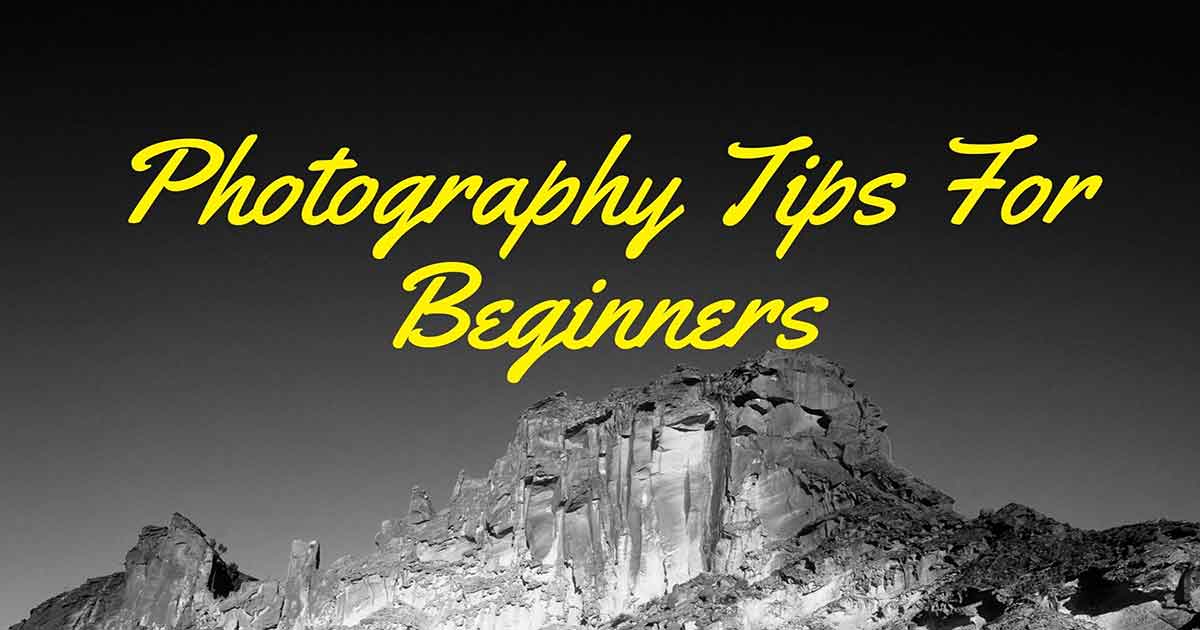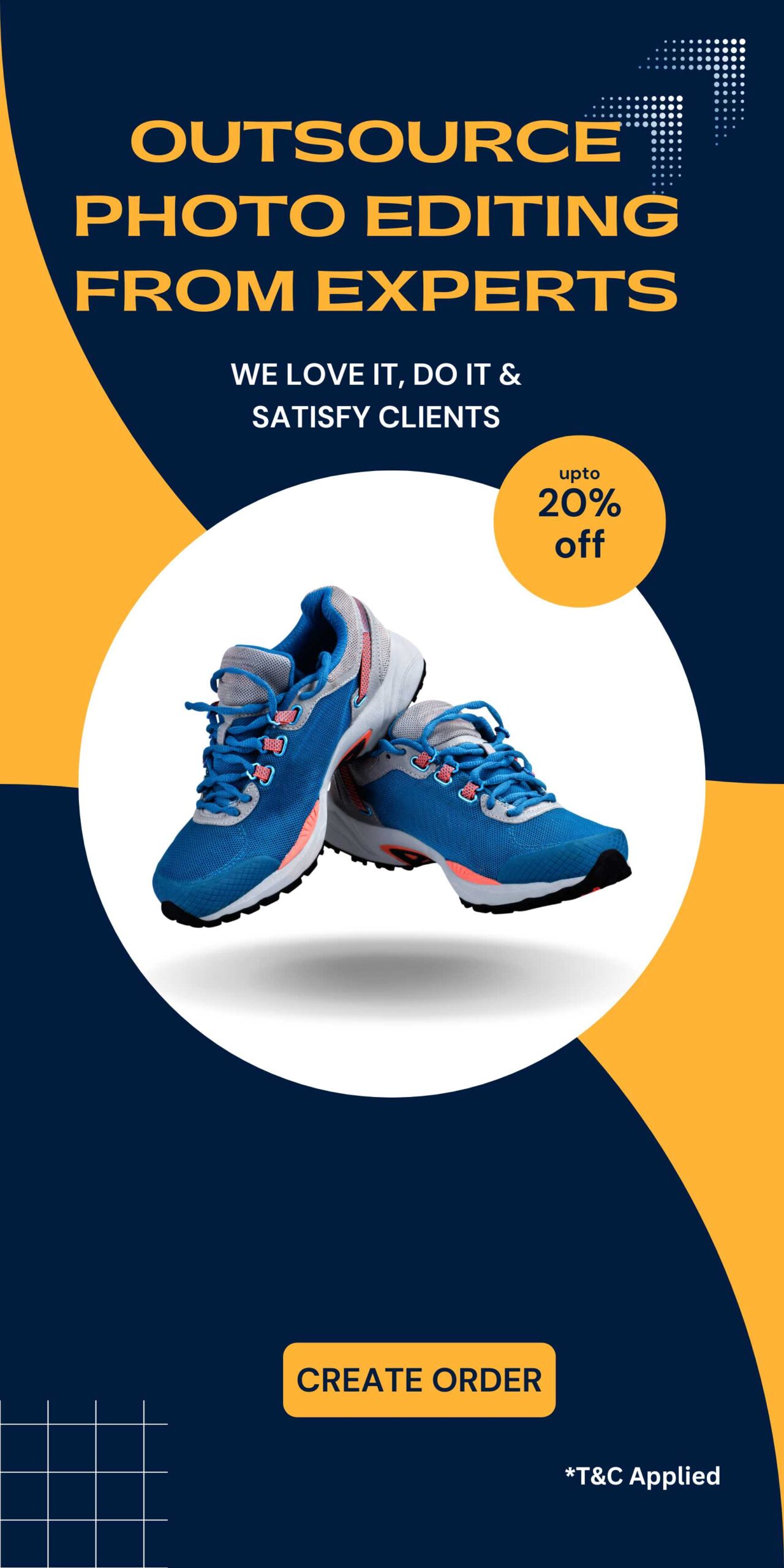The photography tips for beginners guide is wholly designed for beginners photographer and persons who desire to be a photographer. However, if you are interested in photography and want to become a professional photographer, you need to understand the concepts of photography.
Photography is a medium of art and science. It captures the moments in time and gives them life, which can be shared with friends and family through social media outlets like Instagram or Facebook, websites and more places. But, again, it is a vast subject, and it can be hard to know where to start.
Many people enjoy photography as their hobby, but you can also take it seriously for your professional career. And, it has excellent opportunities to build your career in photography. According to talent, the average salary of a photographer in USA is $33,690 per year or $17.28 per hour. So, you could easily understand how worthy it is as choosing a career!
But it can be difficult to know where to start. In this blog post, we will share some tips that will help you to start and grow your photography business.
Ready to get photography tips for beginners?
Best Photography Tips for Beginners
choose your camera:
It is our first photography tips for beginners. You may want to take pictures of your children or family vacation or professionally- you need to choose the equipment for that! Firstly, learn about different types of cameras and lenses. This will help you decide what kind of camera would best suit your needs. Next, research various models online so that you can find one within your budget range. Once you’ve selected a model, buy an extra battery for this camera so that it doesn’t die in the middle of taking photos! Finally, go out and enjoy yourself while taking pictures because this is supposed to be fun!
“When deciding on your first camera, many people will say that it is the best to start with something simple and inexpensive so you can experiment without breaking the bank. The Canon Powershot D10 is an excellent choice for an entry-level camera.”
“The Canon PowerShot D10 has 10 megapixels which are enough for printing photos at 8×11 inches or larger. In addition, it has a 4x zoom lens and optical image stabilization which reduces blurriness when shooting handheld photos in low light situations.”
“It also features Face Detection AF, Smart Auto Exposure (which automatically adjusts. However, finding the best camera for photography is extremely important.
Know Camera basics
After choosing your camera for photography, your next step should be familiar with its settings. For many people, they’ll take a camera out of the box and have never used one before. They will turn it on, point it at something, and click the shutter button without understanding what is happening inside the camera. Every photographer needs to know the basics of how a camera works to take great photos. In below, we shared some camera features that you should learn.
Viewfinder: it helps to strategize your photo composition.
Zooming: You need to understand your camera limitations of taking great photos. Although, many people suggest skipping zoom using, especially when you’re a newbie. We don’t give you any suggestion of using it or not. However, you need to understand it and be familiar with these settings.
Auto Focus: very popular features and almost all cameras has autofocus features. However, you should know how to change it manually. You also need to analyze the different results of autofocusing shoot and manually shooting. As a photographer, you must need to be professional in your works.
Aperture: want to control the light of your images? Then, be familiar with aperture features. It is one of the most important features that you should be confident in using.
Shutter Speed: You need to find out the balance of the shutter speed of your camera. Because too fast and too slow may destroy your images with darkness and blurry.
Color Balance:
Exposure: With this feature, you can easily adjust the lighting balance for the photoshoot. It is vital for capturing a great photo.
Manual Mode: Always try to keep your mode settings off. It will give you more control over photography. Change it manually whatever modes like sport, portrait, landscape, and more ways to use.
ISO: The sensitivity of signal gaining from camera sensors in your photos. It is vital and one of the elements of controlling exposure. Your images may be brightened or darkened due to the wrong ISO settings.
Flash: You need to understand the flash settings of your camera. You may use it or not; it’s your choice. But, as a photographer, you have to be proper knowledge of your equipment.
File Types: In cameras, you will find several file types like RAW and JPEG. Depending on your photo post-processing work, you may save your file. RAW files take lots of space from memory cards. So, keep an extra card before saving RAW files.
Be Familiar with Using Photography Equipment
Now you have the camera and sound knowledge of its settings. So, why wait? Start taking pictures right now. But, wait. Things are not finished. It would be best if you still had some preparation to capture great photos.
And, this preparation will be familiar with using photography equipment. It is essential to keep all equipment with you at the time of photo shooting. It may help you a lot. In below, we discuss some vital photography equipment for you.
External Light: Although maximum cameras have flash, you should keep external light also with you. It will help avoid harsh shadows on photos: a very long-term investment but effective, especially for portrait photographers.
Tripod: it will help you to hold the camera steady with zero movements and vibration.
External Hard Drive: Help you to store your images. If you capture RAW photos, keeping an external hard drive is extremely important.
Memory Cards: Keep at least two memory cards with you.
Bag: Carrying bag will help to keep all equipment together. So, keep a carrying bag always with you.
Clean materials: I mean neat camera and lens. Otherwise, it may ruin all your efforts. Dirty lenses never bring outstanding outcomes. So, make sure of having cleaning materials.
Rechargeable Batteries: It will help a lot, especially in long trips photography sessions. However, it would be best if you kept it in your bag every time of photography.
Practice, Practice, and Practice
We all know that theoretical knowledge and practical knowledge are entirely different. Everybody will agree that practical knowledge will boost your experience and help you feel confident about your work. So, you now have to practice photography. You may make lots of mistakes, but don’t stop. Every successful person has failing history.
So, come out from home with your camera and equipment and start taking photos of whatever you like. Compare pictures you took today from the previous one. It will help to identify mistakes and overcome them.
Play with different filters like zooming photos or without zoom photos, ISO, Shutter Speed, and Exposure. Try to follow the rule of thirds.
You don’t need to judge perfection or imperfection at the beginning level. All you need to do is take new photos every day following the rule of thirds and experiment with the camera.
Within a few days, you will be more confident of taking great photos. However, photography is a mind game. Taking the right pictures at the right time is the biggest challenge for photographers. So, you need to wait for golden hours for your shooting.
Photo post-processing skill
Photo post-production skill is essential for great photos. It is pretty impossible to capture ready-to-use images after having all preparations. High-skilled professional photographers with advanced cameras also fail to capture ready-to-use images.
It is not the photographer’s fault. Any mistakes may occur, and you need to work more on the photos to make them more attractive. Photo post-processing skill enables you to this work. Then you can easily do photo enhancements, background removal, and other photo editing tasks to make it unique.
Although it is not mandatory. Because you will find many outsourcing photo editing companies who offer to do it in favor of you. You can take this service from them. They are very professional and able to deliver your projects timely with your satisfaction guaranteed. The pricing will be affordable to you. However, you can gain the skill, and it never disappoints you.
Final verdicts
Photography is an art. You need to understand and feel it from your heart. It will help you to become a professional photographer. However, our photography tips for beginners guide will help to achieve it early.
As a beginner photographer, you need to choose your camera. Then, you should be familiar with its settings. After that, collect all your photography equipment that may help to take great photos. Finally, go outside with your camera, equipment and start capturing pictures whatever you like. Practice it a few days randomly following the rule of thirds.
In the meantime, gather the skill of photo editing, which may help you to bring out great results. Learn experiences from mistakes and overcome them in your following photos. It will make you a pro photographer.
Cheers


